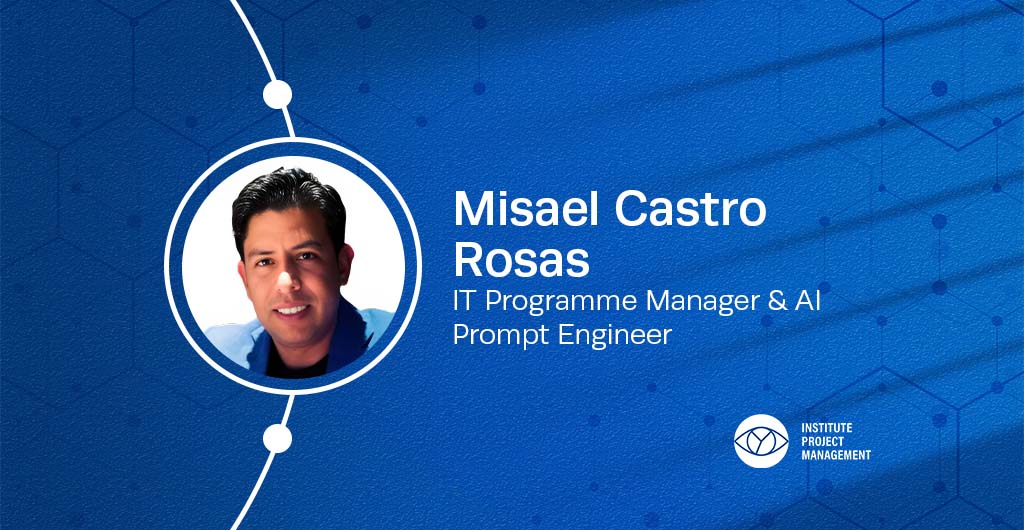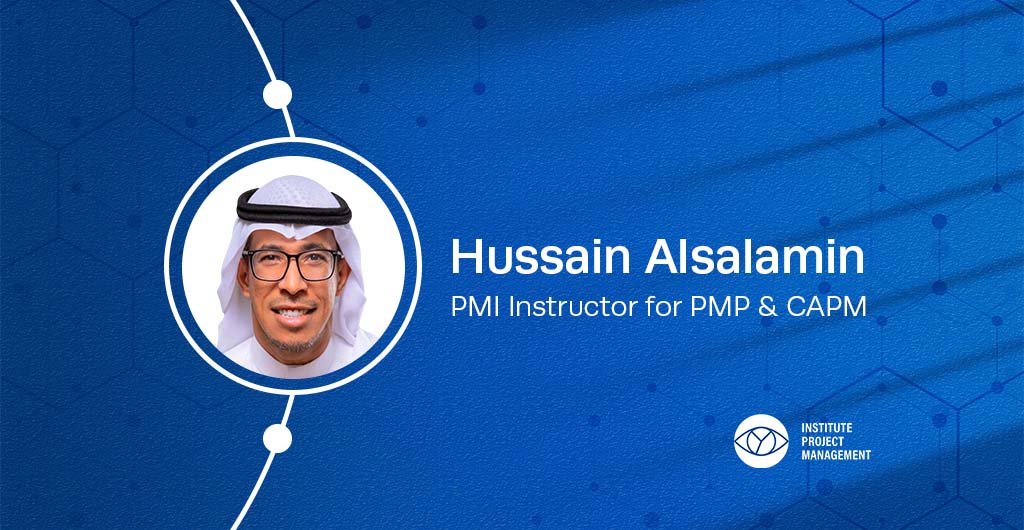Need advice? Call Now, Schedule a Meeting or Contact Us


Speak to an advisor
Muhammad Jameel explores the integration of AI into project management, highlighting the opportunities and challenges it brings.

Artificial intelligence (AI) is revolutionising all industries globally. Project managers are inevitably immersed in implementing these transformative technologies. Integrating AI into project management practices and deliverables presents project managers with unprecedented opportunities and unique challenges. Project managers need to know how to navigate this complex landscape, balancing the potential for increased efficiency and innovation with the need for careful planning, ethical considerations, and change management.
In this article, I aim to guide project managers through the critical factors they need to take into account when implementing AI technologies in their projects. I will provide key considerations for project managers to ensure successful AI integration in their projects by examining various aspects of AI implementation, from strategic alignment and technical feasibility to ethical implications and workforce impact.

Before starting any AI implementation project, it's important for project managers to ensure that the AI initiative they're about to implement aligns with the organisation's overall strategy and offers a clear value proposition. I strongly encourage the project managers to engage the relevant Strategy and Enterprise Architecture teams. Why would we waste time spinning our wheels in different directions like Brownian motion (remember high school physics?)? Let's align and deliver value as a team.
According to a recent McKinsey Global Survey, companies that want to see the highest value from AI align it with their core business strategy. McKinsey's survey found that 66% of respondents from high-performing companies reported that their AI initiatives are aligned with their overall corporate strategy, compared to just 24% of other respondents. As project managers, we need to raise the bar based on the circumstances we find ourselves in.
Project managers need to work closely with stakeholders to communicate the clear objectives for AI implementation and establish key performance indicators (KPIs) to measure success. The benefits Realisation Framework is a very pragmatic approach to such KPIs and measurements. This strategic alignment will help justify the investment in AI and will continuously support decision-making throughout the project lifecycle.
To emphasise the importance of data quality in AI projects, a Harvard Business Review study states that "without a strong foundation in data management and governance, AI initiatives are likely to fail."
We live in a data-driven age, and the success of any AI implementation heavily depends on both the quality and availability of data. A degraded quality and unavailability of data lead to increasingly unreliable LLMs, for instance. Project managers need to include data readiness and quality as prerequisites during their planning exercises before proceeding with the implementation of AI initiatives. While a 100% goal is ideal, we need to be pragmatic and have a realistic threshold in mind, aligned with the business, strategy and EA teams.
As per a Project Management Institute (PMI) report, 37% of project professionals cite the lack of AI infrastructure as a significant barrier to adoption and successful implementation. Enterprises can either set up infrastructure on-premise or, preferably, take advantage of the cloud (and elastic) options of AWS. The recent surge of GPUs may necessitate significant changes to existing IT infrastructure and processes, as well as the CapEx and OpEx budgets required.
Project managers need to work closely with IT teams to develop a comprehensive technical roadmap for AI implementation. Our projects may deliver one or many aspects of the short term goal, while we collaborate with the Starategy and EA teams and share the long term scalability view to them, which can be included in their plans for subsequent quarters and years.
Successful AI implementation requires a diverse set of skills, including data science, machine learning engineering, and domain expertise. Project managers must assess the existing skill set within their teams and identify any gaps that need to be addressed.
McKinsey research suggests that organisations successful in AI adoption are more likely to provide AI-related training, with 77% of high performers offering such training compared to 39% of other companies.
As AI technologies become more prevalent, ethical considerations and governance frameworks are increasingly important. Project managers must ensure that AI implementations adhere to ethical standards and comply with relevant regulations.
Harvard Business Review emphasises the importance of AI governance, stating that "without proper governance, AI systems can perpetuate or even exacerbate societal (and cultural) biases". Project managers should establish clear guidelines for ethical AI development and use, and involve diverse stakeholders in the decision-making process.
Implementing AI technologies often requires significant changes to existing processes and workflows. Effective change management (and end-user adoption) and stakeholder engagement are crucial for successful adoption.
The PMI's report found that organisations with high AI maturity are more likely to have strong change management practices. Project managers should prioritise clear communication, training, and support to ensure the smooth adoption of AI technologies.
As AI technologies continue to evolve rapidly, project managers must consider the scalability and future-proofing of their AI implementations.
McKinsey advises organisations to "think big" when it comes to AI implementation, suggesting that "scaling AI across the organisation is key to capturing its full value". Project managers should develop roadmaps for scaling successful AI pilots and establish processes for continuous learning and improvement. Organisations often use Continuous Improvement Continuous Development (CI-CD) as a mechanism.
Implementing AI technologies introduces new risks to which project managers must apply the appropriate risk management responses.
The PMI's "Pulse of the Profession" report highlights that high-performing organisations are more likely to use risk management practices, with 76% of high performers using these practices compared to 46% of low performers. Project managers should integrate AI-specific risks into their overall risk management framework and develop robust contingency plans.
Implementing AI technologies in projects presents project managers with a complex set of challenges and opportunities. By carefully considering strategic alignment, data readiness, technical feasibility, skill gaps, ethical implications, change management, scalability, and risk management, project managers can navigate the AI landscape more effectively.
As AI continues to transform the field of project management, it's crucial for project managers to stay informed about emerging trends and best practices. By embracing a holistic approach to AI implementation that balances technological innovation with human factors and ethical considerations, project managers can drive successful AI adoption and deliver significant value to their organisations.
The journey of AI implementation is ongoing, and project managers play a pivotal role in shaping how these technologies are integrated into business processes and solutions. By addressing the key considerations outlined in this article, project managers can position themselves and their organisations at the forefront of the AI revolution, driving innovation and competitive advantage in an increasingly AI-driven world.














